Menu

Responsive Classroom
Creating Navigators for Life
RESPONSIVE CLASSROOM
The Responsive Classroom approach to teaching ensures that classrooms are safe, joyful and engaging learning communities. Tiller School is dedicated to establishing an educational setting where self-motivated, lifelong learners develop. We strive to do this in an environment that provides the security for students to learn without fear of failure and where dignity, self-discipline and responsibility are valued.
Our program emphasizes a low student to teacher ratio, a challenging academic program, enrichment through the arts, as well as a social curriculum emphasizing the values of cooperation, assertion, responsibility, empathy, and self-control.
Additional information about Responsive Classroom is found by visiting www.responsiveclassroom.org.
C.A.R.E.S.
Tiller offers challenging Academics alongside a Social Curriculum emphasizing (C.A.R.E.S.).
Cooperation - Students’ ability to establish new relationships, maintain positive relationships and friendships, avoid social isolation, resolve conflicts, accept differences, be a contributing member of the classroom and school community, and work productively and collaboratively with others.
Assertion -Students’ ability to take initiative, stand up for their ideas without hurting or negating others, seek help, succeed at a challenging task, and recognize their individual self as separate from the circumstances or conditions they’re in
Responsibility - Students’ ability to motivate themselves to take action and follow through on expectations; to define a problem, consider the consequences, and choose a positive solution.
Empathy - Students’ ability to “see into” (recognize, understand) another’s state of mind and emotions and be receptive to new ideas and perspectives; to appreciate and value differences and diversity in others; to have concern for others’ welfare, even when it doesn’t benefit or may come as a cost to one’s self.
Self-Control - Students’ ability to recognize and regulate their thoughts, emotions, and behaviors in order to be successful in the moment and remain on a successful trajectory.
Academic Competencies
Academic mindset: Four self-perceptions influence a student’s academic mindset: 1) I belong in this academic community; 2) my effort improves my performance; 3) I can succeed at this work; and 4) I see the value in this work.
Perseverance: Perseverance is a student’s tendency to complete assignments in a timely and thorough manner and to the best of their ability, despite distractions, obstacles or level of challenge.
Learning Strategies: Learning strategies are techniques, processes, and tactics a student uses to 1) learn, think, remember, and recall, 2) monitor their own comprehension and growth, 3) self-correct when they are confused or have an error in thinking, and 4) set and achieve goals and manage their time effectively.
Academic Behaviors: Academic behaviors are the ways in which students conduct themselves that support their success in school, including such things as regular attendance, arriving ready to work, paying attention, participating in instructional activities and class discussions, and devoting out-of-school time to studying and completing assignments and projects.
